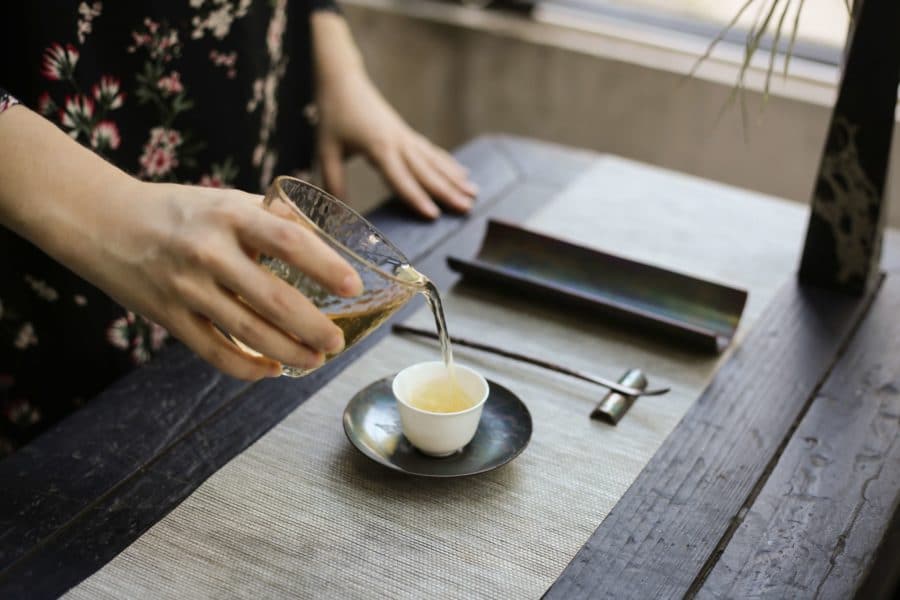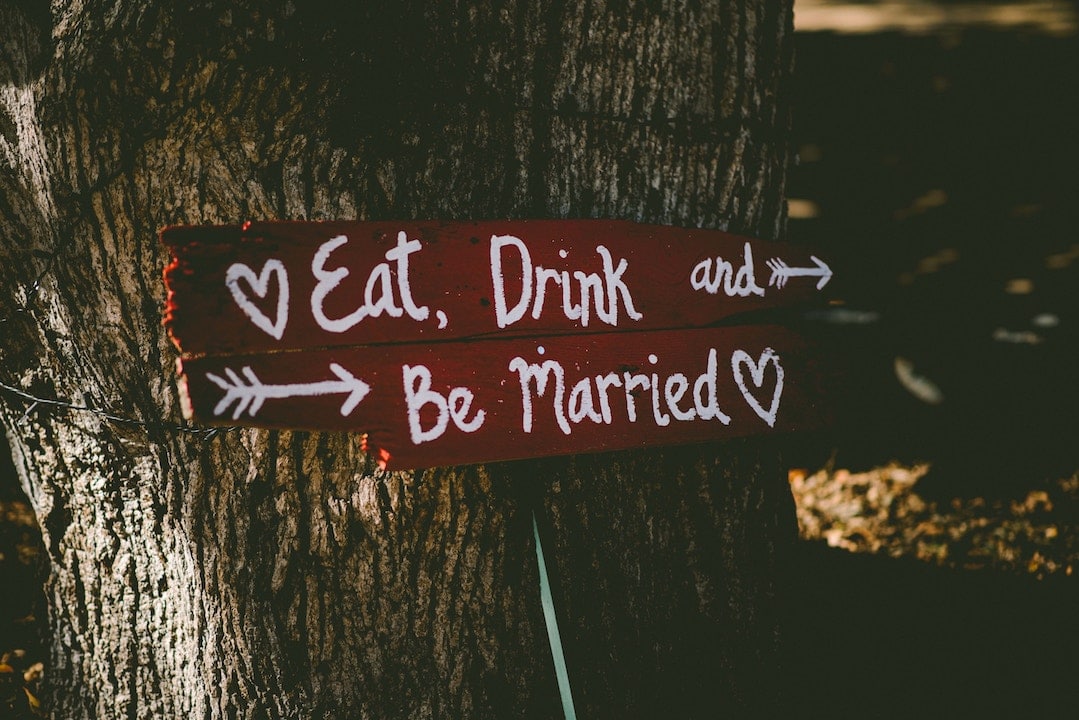[et_pb_section bb_built=”1″ _builder_version=”3.0.47″][et_pb_row _builder_version=”3.0.48″ background_size=”initial” background_position=”top_left” background_repeat=”repeat”][et_pb_column type=”4_4″][et_pb_text _builder_version=”3.17.6″ background_size=”initial” background_position=”top_left” background_repeat=”repeat”]

“We humans remember trauma better than pleasure, it’s the way we’re built, so ritual helps to inject the significance of this moment into us. “ Lorene Cary
Every year as December fades into January, I celebrate. My rituals, whether a gathering on New Year’s Eve, a few hours of reflection on New Year’s Day or eating black-eyed peas for good luck, help assure me that 2018 is firmly gone and I can start fresh in 2019. Life is offering me a new canvas with colorful, fresh paint waiting for me to begin.
I’m grateful for the cycles of life that let us start again with new endings and beginnings.
Sitting on my couch last Monday morning, I watched the sun coming up (a rare treat) and reflected on how magnificent it is that sleep allows us to let go every night and wake up to a new day.
Yesterday’s anxiety doesn’t need to poison today.
Continuing to reflect, I noticed that all of life is full of endings and beginnings: winter melting into spring, weekends fading into weekdays, the end of adolescence opening into the beginning of adulthood.
No wonder that people throughout the ages have used rituals to mark the passage of time and highlight important transitions. Festivals mark the seasons, celebrations mark important events (like religious and civic holidays), and private gatherings mark transitions such as births, deaths, graduations, retirements, and marriages. In some cultures, one’s coming of age is marked by the launching of a heroic quest.
The need for ordinary rituals
Large or widely celebrated rituals help bind a culture together, but ordinary rituals offer us small oases of sanity throughout our days. Prayers at the dinner table, whether religious or not, give us a moment to pause and find gratitude. A glass of wine or a trip to the gym may be the ritual that marks the end of our workday. An evening ritual can help us wind down and set the stage for our dreams.
Small rituals can make our days more mindful by adding a pause, a moment of reflection, a touch of magic, and an opportunity to feel in touch with ourselves or a spirit that feels bigger than ourselves.
We can create a ritual by identifying a repeating pattern in our life, perhaps a daily activity that feels meaningful to us, and then claiming it as a ritual, giving it some extra attention and mindfulness. We add a little extra beauty to our lives.
In an era of constant change and turmoil, ritualizing these patterns can add a sense of stability and comfort to our lives. They can help us adjust our attitudes, reconnect to a sense of purpose, or reinforce our better selves.
Apoorva Bhide, a commentator on the Quora website, called rituals “rafts of meaning in a world that systematically… lacks it.” [expletive deleted.]
Setting up a morning ritual
Every morning we wake up, often around the same time, and undertake a series of activities. Morning routines are everyday rituals we create to wake us up, prepare the day, remind us of what is good about who we are, and set us on track to create.
Many writers use a morning ritual to prepare, mentally and physically, for the shock of facing a blank page when they sit down to write.
You can use a morning ritual to focus, tune up your attitude, or think about your day.
An example:
There’s nothing exotic about my morning routine. I:
- wake up and stumble into the kitchen for a cup of tea.
- sink into the couch and stare into the blackness of night or a dawning sun.
- search for words of inspiration from Richard Rohr, Krista Tippett or Maria Popova in my email. (Always risky because I may also find to-dos.)
- meditate sometimes–hopefully more in 2019.
- write three pages. I use the website 750 words to inspire me to write at least 750 words. I write anything from shopping lists to reflections on life or ideas for my blog. This writing is key to my ritual.
- get dressed.
- feed the horses. Often, I’ll muck their paddock. Mucking, even in the cold rain, counts as another form of contemplation.
- return to the house, eat breakfast and start my workday.
Sometimes I resist this routine on the days I don’t feel like going out in dark sleet to feed the horses. But this routine is what says “home” to me whenever when I’m away on vacation. Then, I even miss mucking.
Any set of regular activities that mean something to you can become a ritual, especially when you reinforce them with joy and attention.
Other people’s rituals
If you’re curious about the rituals and routines used by some great artists, scientists, writers, poets, and mathematicians, check out Daily Rituals: How Artists Work.
You can adapt any of these rituals that might work for you, although I suggest staying away from some of the more destructive ones: drinking, drugs or too many doughnuts.
Designing everyday rituals
Here are a few of my criteria. My rituals have to be:
- Satisfying and. hopefully, yummy. I want to feel more creative, connected and alive as a result.
- Easy to remember and easy to repeat. Do-able. If they’re too complicated, they won’t happen.
- Meaningful and uplifting.
Your rituals don’t have to be:
- Practiced or understood by others. Athletes and performers often have private rituals that can seem downright goofy or superstitious. But who cares as long as it works for them! Baseball pitcher Wendell Turk always chewed four pieces of licorice before he pitched. You figure.
- Religious or serious. Your ritual can be small, quiet or boisterous. No temple bells or incense required. As I think about it, five minutes of laughter yoga (deep belly laughing) is a ritual that could add vitality to my day.
Rituals are about practicing patterns that increase our aliveness and attentiveness, not a way of forcing us into habits that can turn us into drones.
Crafting our rafts of meaning
Author Lorene Cary, addressing the graduates of Swarthmore College at their graduation ritual said:
“We humans remember trauma better than pleasure, it’s the way we’re built, so ritual helps to inject the significance of this moment into us. We rush, rush, rush, and then we slooooow down time. We make this boring. [referring to graduation] It’s not a mistake, it’s meant to be. We assemble. We say certain words.
…. Ritual rough ups the smooth surface of memory so that existence can snag.”
Let’s build rituals that help us remember what is good.
You could create rituals for the beginning of the end of your day or work week. Maybe you want a practice of creating special meals at special times. Maybe your ritual will be an oasis in the middle of the day (aka a nap) or a Sabbath each week.
If rituals are rafts of meaning in a sea of chaos, then let’s design ones that we can enjoy.
What would make your everyday life richer? I’d love to hear.
[/et_pb_text][/et_pb_column][/et_pb_row][/et_pb_section]












2 Responses
Having quite the ‘monkey mind’ that I do, starting a quiet ritual of some sort — sipping tea (without the TV on), sitting peacefully for 5 mins each morning to mediate (maybe while the tea seeps), curling up in a cozy chair to read poetry for 15 mins each evening (I have lots of poetry books that need to be read!)……I am sure that this could only bring peace to my busy body/mind. So, if rituals are not in place now, what are the first steps required to start one? The steps might be – desiring more order and calm in our lives, and then finding a ritual or two that brings you joy and inner peace. Or maybe the ritual will find us. ❤
I could imagine you starting by just claiming that little bit of your day that you usually repeat daily and regularly enjoy. Once you claim it. you start paying attention to it and can also build from there.